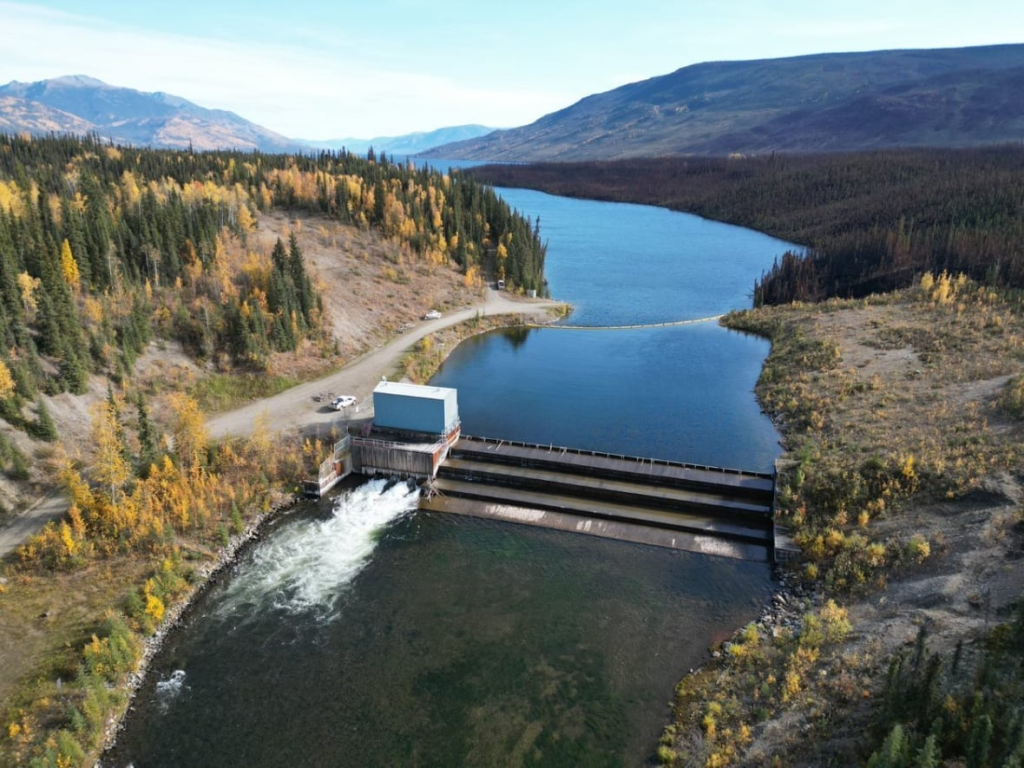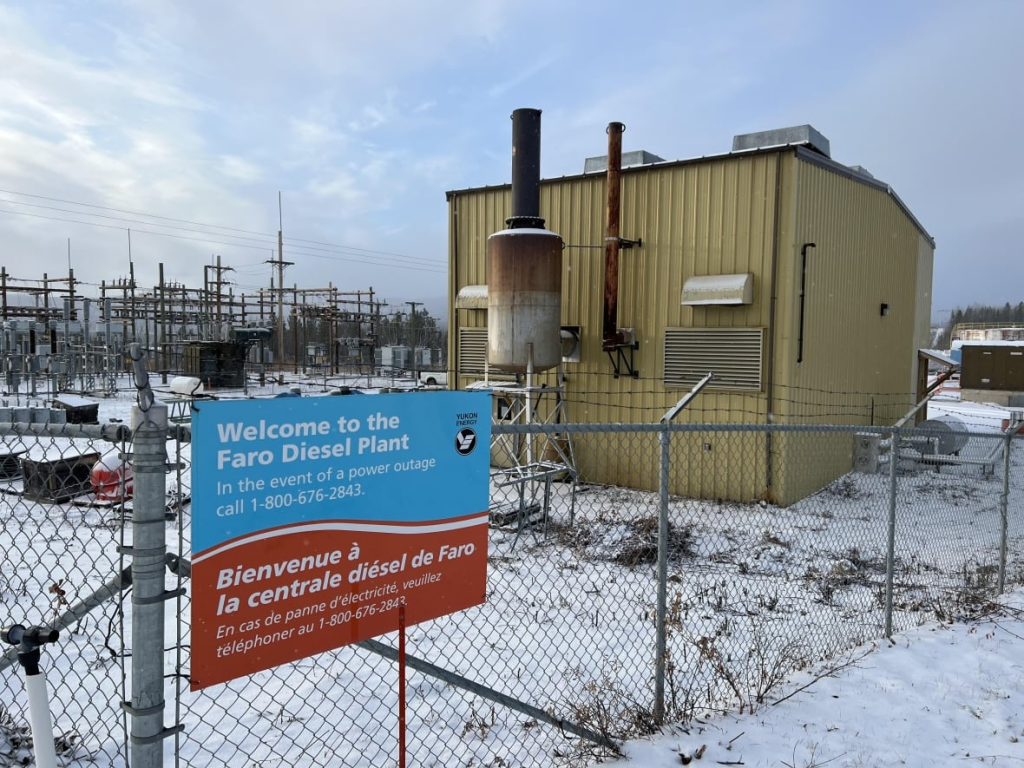Yukon Energy applies for 34% power rate hike over next 3 years

Utility proposing $350M in ‘essential’ upgrade work to ensure system keeps functioning
The Yukon Energy Corporation is proposing to hike power rates for customers over the next few years by about 34 per cent, to help pay for hundreds of millions of dollars in “essential” work to keep the system functioning.
Residential customers who use an average of 1,000 kWh each month could see their monthly bills go up by about $25 to $30 each year until 2027, if the plan goes ahead. Rates would also go up for industrial and business customers.
The publicly-owned utility has submitted its general rate application for 2025-2027 to the Yukon Utilities Board. The board will undertake a public review of the 617-page application over the coming months.
Yukon Energy is proposing to spend more than $350 million on “system-wide investments” over the next three years. That corporation says there are more than 150 projects it needs to undertake as soon as possible.
“It is a lot,” acknowledged Yukon Energy CEO Chris Milner.
“I think it it speaks to the challenges that we’re facing here in the Yukon, but really the challenges that I think we’re seeing across Canada. And we’re seeing this need to invest in energy systems, kind of all at once — and it does seem like it’s all at once.”

Milner says Yukon’s energy infrastructure is aging, as the territory’s population continues to grow. That’s putting increasing pressure on the system, he said.
“And when you have pressure on the system, you need to invest in it to keep it reliable and strong,” Milner said.
Rockslides threaten Mayo facility
A major portion of the proposed work is $180-million in upgrades to the Mayo generating station, including work to protect the station from ongoing rockslides that threaten the facility with “a high potential for catastrophic failure in the near future,” according to the rate application.
“Full slope stabilization is required as soon as feasible to protect the plant from a global failure which could be catastrophic,” the application reads.
Other work at the Mayo facility — one of three hydro facilities in the territory — would involve reconstructing a spillway and replacing other aging infrastructure.
Milner called the work needed at Mayo “significant, and it needs to move forward, you know, starting today.”
“We’re certainly working with government to support the Mayo project, in particular to help offset the future pressures that would come to ratepayers for covering large projects such as that,” he said.

Other projects detailed in the rate application include a grid-scale battery energy storage system for Whitehorse, replacing diesel generators in Faro and Whitehorse, and upgrading Dawson City’s local power system.
“What we’ve done with this application is present the must-have scenario we’re in. We’re really into the foundational requirements for the system,” Milner said.
“We’re presenting a case that is compelling, that these these investments are required.”
The Yukon Utilities Board review is public and is expected to take about a year, Milner said.
The board is a quasi-judicial agency in Yukon, operating at arms’ length from government and mandated to “ensure that Yukoners have safe electricity service at just and reasonable rates,” according to its website.
It says reviewing a rate application involves looking at “the financial requirements of the utility, such as fair return and impacts on the customer.
“The Board must consider both the sustainability of the utility and the recovery of rates from customers through reasonable charges for utility service,” the site reads.
Corrections
-
An earlier version of this story said customers would see their monthly bills go up by about $25 to $30 on average, by 2027. In fact, customers who use an average of 1,000 kWh per month will see their rates go up by that much each year, until 2027.May 15, 2025 6:04 PM EDT
Related stories from around the North:
Canada: Nunavut energy corp. applies to increase power rates by 9.5 per cent, CBC News
Norway: Will the green transition be the new economic motor in the Arctic?, Eye on the Arctic
Sweden: Sweden’s climate policies closer to reaching goals, Radio Sweden



